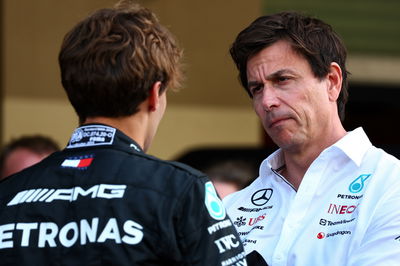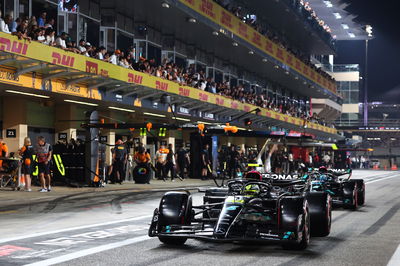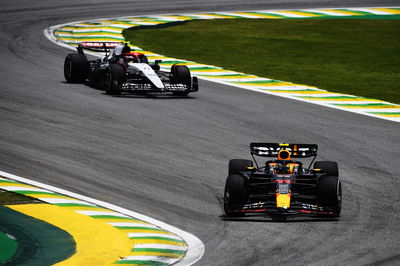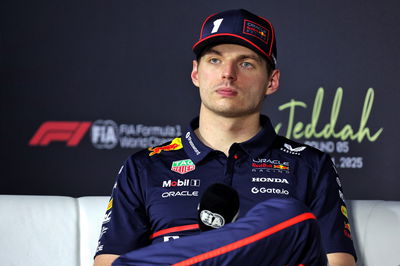Wolff ‘super excited’ to measure Mercedes’ F1 progress in Bahrain

After their W13 and W14 concepts underwhelmed, Mercedes are pursuing an all-new car design for 2024 as they look to turn around their competitive fortunes and return to the front of the F1 grid.
While Wolff acknowledges Mercedes have “a huge mountain to climb” in order to get on level terms with current F1 leaders Red Bull in time for next season, he is staying optimistic.
"It's to set the expectations right because we have a huge mountain to climb," Wolff said in a Mercedes video. "There's a team that is so successful and we have a big gap to close.
"At the same time, I believe we've taken some proactive steps to close that gap. Is it going to be good enough? I don't know. But we're going to see it in testing and then in the first race in Bahrain.
"I'm super excited. I'd like to start going now. It's the stopwatch that's going to tell us what job we've done.”

Wolff stressed Mercedes “learnt a lot” throughout a challenging 2023 campaign which marked the German manufacturer’s first winless F1 season since 2011.
“The races and the seasons that are difficult are the ones where you learn the most,” Wolff added.
"And we always say, the days we lose are the days our competitors are going to regret, because we learn the most. I think there's so many lessons that we learned as an organisation, as humans, but also technically that will be beneficial going forward.
"During the year, we realised that our car was not operating in as stable a manner as we had predicted.
"That is perhaps because we didn't develop it in the necessary window. It was clear that the interaction between chassis and tyres didn't work perfectly. So, in that respect, this was the most important learning."












